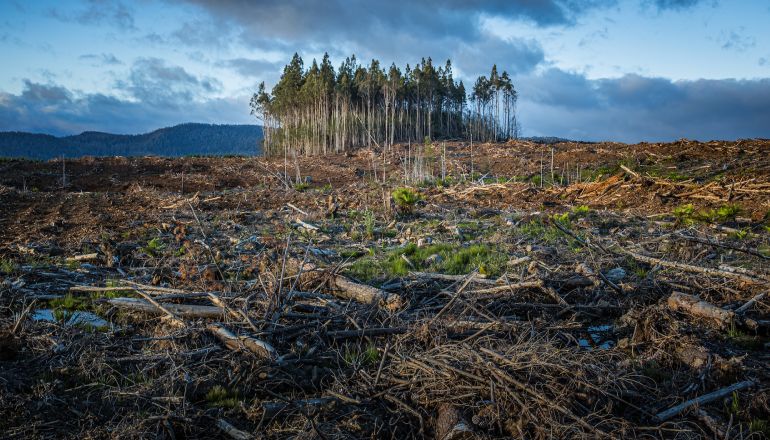Astellas, a global pharmaceutical company, aims to reduce Scope 1 and 2 emissions, directly and indirectly linked to its operations, while addressing Scope 3 emissions from suppliers, partners, and external activities.
Astellas is prioritizing sustainability as an imperative, aiming for net-zero emissions by 2050, demonstrating a deep commitment to meaningful change in all its decisions. Collaboration is key for progress and innovation.
The company recently held a summit to highlight its commitment to sustainability and its ambitious targets, highlighting the importance of collective action in achieving these goals.
The Astellas Sustainable Business Partner Summit united key stakeholders to address the shared challenge of a sustainable future.
One, Astellas invited sustainability-certified suppliers to the summit, demonstrating its commitment to aligning key relationships with long-term environmental goals and reinforcing its vision of a sustainable future.
The invited attendees account for 80% of the company’s total expenditures.
Paul O’Neill, Senior Vice President and Head of Global Procurement, Astellas, said, “We can only succeed through partnerships, both internally and externally.”
Astellas sustainability strategies:
Astellas’ sustainability strategy prioritizes high-impact partnerships to address its scope 3 emissions, requiring strategic focus and innovative solutions to tackle these indirect emissions.
“With a global network of over 17,000 suppliers, we can’t be everywhere,” Mr O’Neill said. “Our focus is on high-impact suppliers and categories where we can drive the most significant change.”
For example, Astellas has partnered with a supplier that utilizes rare metals like palladium as catalysts in the manufacturing process for strategic products.
It collaborated with its supply chain, technical teams, and external partners to enhance palladium recovery rates, demonstrating its commitment to environmental and ethical responsibility in rare metals.
Though recovery rates were below industry benchmarks, collaborative efforts improved them from 35% to 55%, setting a new target of 75% for the future. This shift in mindset and behavior created a platform for further improvement.
Astellas is fostering innovation through data and design to align operational needs with environmental goals.
The company has developed blister packaging from biomass-based plastic and reduced packaging weight while maintaining product integrity, demonstrating sustainable product design, and promoting future approaches.
Astellas is leveraging logistics innovations, such as electric trucks and ocean shipments, to reduce its carbon footprint. The company’s culture of innovation is built on momentum and data-driven design, ensuring efforts are focused on the most impactful areas, fostering a culture of meaningful change.
Astellas adapts its sustainability strategies to regional contexts and aligns with industries. Local teams drive change, as seen in Spain’s plastic-eliminating project. Grassroots commitment inspires broader change. Collaboration with industry peers, like retail and manufacturing, helps shape sustainable practices. Alignment prevents inefficiencies and creates common frameworks for sustainability. “We need common frameworks to make sustainability easier for everyone,” Mr O’Neill explained.
Adam Pearson, Astellas’ Chief Strategy Officer (CStO), said, “Astellas is committed to a good cycle of improving the sustainability of society and our company through our core business. With clear goals, a commitment to learning, and a strong culture of collaboration, Astellas is taking bold steps to build a sustainable future. By fostering a virtuous circle of innovation and shared responsibility, Astellas ensures that its efforts deliver lasting impact for generations to come.”












